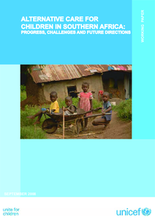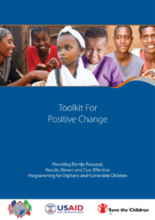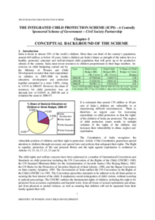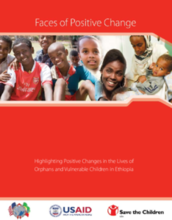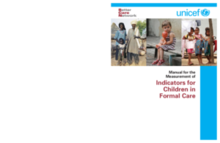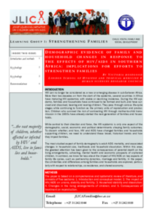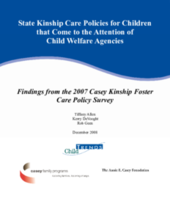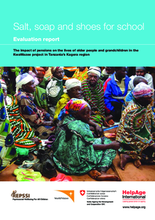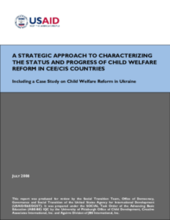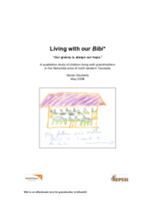Displaying 551 - 560 of 608
This report, prepared for UNICEF East and Southern Africa Regional Office (ESARO) assesses the capacity in Malawi, South Africa, Swaziland and Zambia to manage alternative care systems for children.
Documents the strategies of The Positive Change: Children, Communities and Care (PC3) Program - a five-year (2004-2009) integrated and comprehensive program designed to provide care and support to more than half a million orphaned and vulnerable children and their families throughout the country of Ethiopia.
In 2006 the Indian Ministry of Women and Child Development proposed the adoption of an Integrated Child Protection Scheme (ICPS), which was adopted and launched by the central government in 2009-2010. Recognizing chronic under funding of child protection services in the country and major gaps in the system, the ICPS was expected to significantly contribute to the realization of Government/State responsibility by creating a system that would effectively and efficiently protect children.
Highlights successes and lessons learned from the PC3 Program. Serves as a companion piece to the Toolkit for Positive Change
Manual to assist countries in strengthening their information system around children in formal care through data collection around 15 global indicators
Assessment on the impact of HIV/AIDS on key aspects of family life cycles
Explores the disparity in support given to children in formal foster care in the United States compared to those in informal kin arrangements
The impact of pensions on the lives of older people and grandchildren in the KwaWazee project in Tanzania’s Kagera region.
The purpose of this report is to create a strategy for assessing the status and progress of child welfare reform in CEE/CIS countries using the best available quantitative and qualitative information.
A qualitative study of children living with grandmothers in the Nshamba area of northwestern Tanzania

